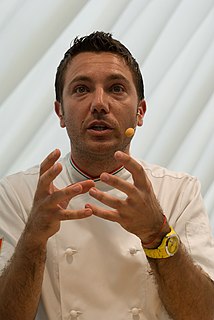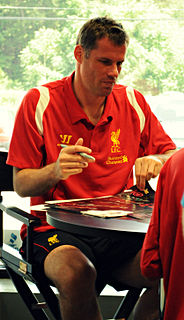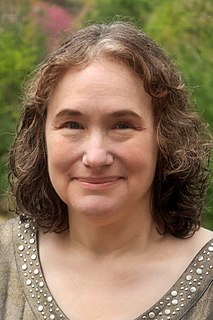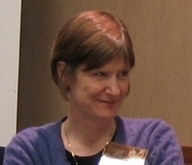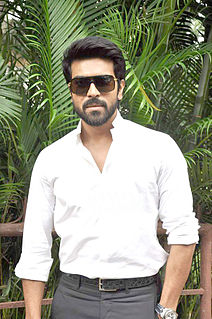A Quote by Celeste Ng
They never discussed it, but both came to understand it as a promise: he would always make sure there was a place for her. She would always be able to say, Someone is coming. I am not alone.
Related Quotes
Tessa had begun to tremble. This is what she had always wanted someone to say. What she had always, in the darkest corner of her heart, wanted Will to say. Will, the boy who loved the same books she did, the same poetry she did, who made her laugh even when she was furious. And here he was standing in front of her, telling her he loved the words of her heart, the shape of her soul. Telling her something she had never imagined anyone would ever tell her. Telling her something she would never be told again, not in this way. And not by him. And it did not matter. "It's too late", she said.
Katsa hugged her for a long time, and Bitterblue understood that this was always how it would be. Katsa would come and then Katsa would go. But the hug was real, and lasting, even though it would end. The coming was as real as the going, and the coming would always be a promise. It would have to be good enough.
They were partners. She would always make impulsive decisions and he would make slow, reasoned ones. He would always be a little terrified that she would look at him with the scorn he saw in his mother's eyes. And she would always be a little terrified that he would look at her and not love her enough. In short, they were made for each other.
[Grandfather] would manufacture funnies with Grandmother before she died about how he was in love with other women who were not her. She knew it was only funnies because she would laugh in volumes. 'Anna,' he would say, 'I am going to marry that one with the pink hat.' And she would say, 'To whom are you going to marry her?' And he would say, 'To me.' I would laugh very much in the back seat, and she would say to him, 'But you are no priest.' And he would say, 'I am today.' And she would say, 'Today you believe in God?' And he would say, 'Today I believe in love.
This was something she would keep hidden within herself, maybe in place of the knot of pain and anger she had been carrying under her breastbone...a security blanket, an ace up her sleeve. She might never use it, but she would always feel its presence like a swelling secret stone, and that way when she let go of the rage, she would not feel nearly as empty.
If she took Po as her husband, she would be making promises about a future she couldn't yet see. For once she became his wife, she would be his forever. And, no matter how much freedom Po gave her, she would always know that it was a gift. Her freedom would be not be her own; it would be Po's to give or to withhold. That he never would withhold it made no difference. If it did not come from her, it was not really hers.
She [my mother] said that if I listened to her, later I would know what she knew: where true words came from, always from up high, above everything else. And if I didn't listen to her, she said my ear would bend too easily to other people, all saying words that had no lasting meaning, because they came from the bottom of their hearts, where their own desires lived, a place where I could not belong.
One night she hid the pink cotton scarf from her raincoat in the pillowcase when the nurse came around to lock up her drawers and closets for the night. In the dark she had made a loop and tried to pull it tight around her throat. But always just as the air stopped coming and she felt the rushing grow louder in her ears, her hands would slacken and let go, and she would lie there panting for breath, cursing the dumb instinct in her body that fought to go on living
Sometimes she wished for someone she could tell about her problems, just to be able to say, ‘I’m in love with a man and I can’t have him.’ But that would only lead to questions she couldn’t answer, so she kept the secret and the pain inside, hoping someday she would no longer feel as if half of her were missing.
And you're not leaving," she said. "Promise me." It was as if she had asked him to promise to keep breathing, to notice sunshine, to permit the spinning of the earth. What choice did he have? Even if he left her, she would be camped in his heart, an insistent and willful presence. She would match her strides to his on any journey he ever took; she would lie beside him on any bed. Amalie, he said, "that's the easiest promise I've ever had to make.






